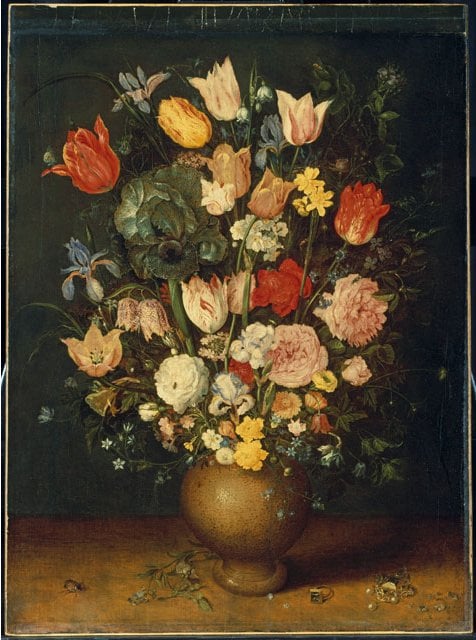Art World
Search for Nazi Loot To Take Decades, Says German Official


Alexander Forbes

The arts minister for the German state of Bavaria, Ludwig Spaenle, spoke to the country’s press agency, dpa, on Wednesday, outlining the progress made thus far in the search for and restitution of Nazi loot and just how far there is left to go. Fifteen years into his state’s search, Spaenle says decades more time could be required.
Having come under greater scrutiny since the discovery of Cornelius Gurlitt’s massive trove of alleged Nazi loot, the minister went on to outline some successes such as the recent return of a still life of a bouquet of flowers from the studio of Jan Brueghel the Elder to the heirs of Vienna’s Julius Klein. However, the challenge remains daunting.
One of the most successful methods of restitution remains Germany’s online portal for looted art, lostart.de. Nearly 200 works from Bavaria’s state collections have been put up on the platform for the public to browse in search of stolen heirlooms. The crowdsourcing method presented by lostart.de also has economic benefits. Input from the public help officials hampered by the extensive costs associated with the often lengthy and meandering process of provenance research.
Of the more than 1500 works in Bavaria’s painting collection suspected of being Nazi loot, some 300 have been researched. Only 12 have been successfully returned to their heirs.